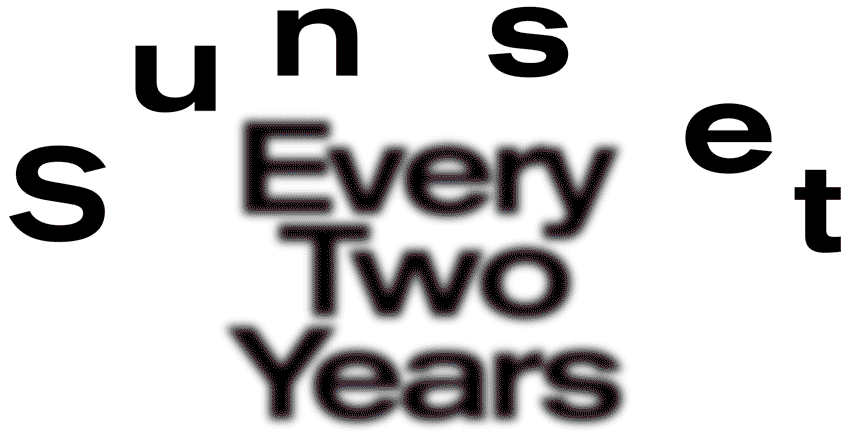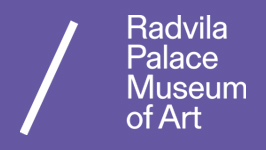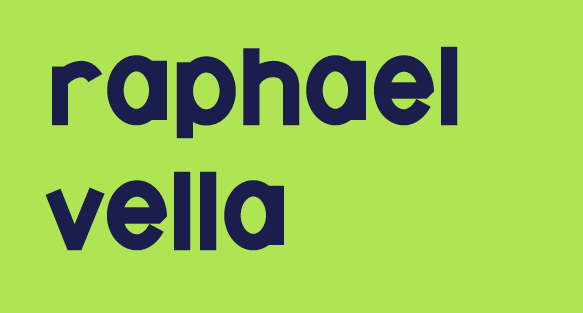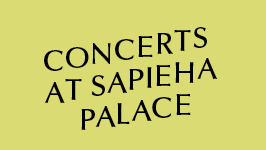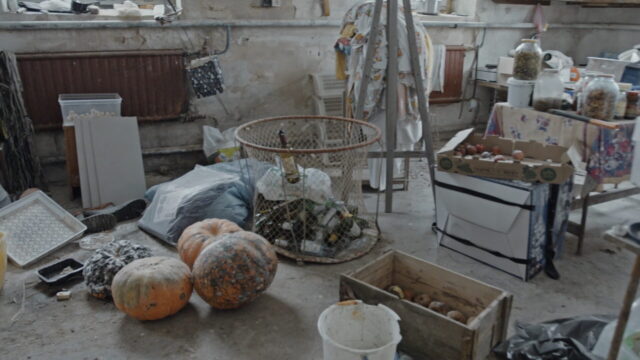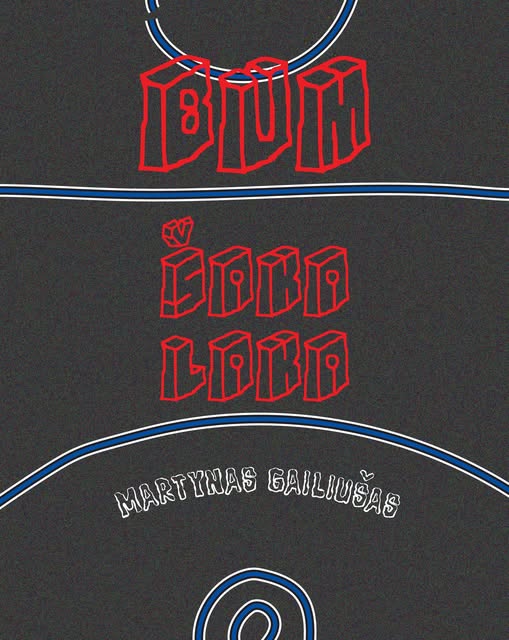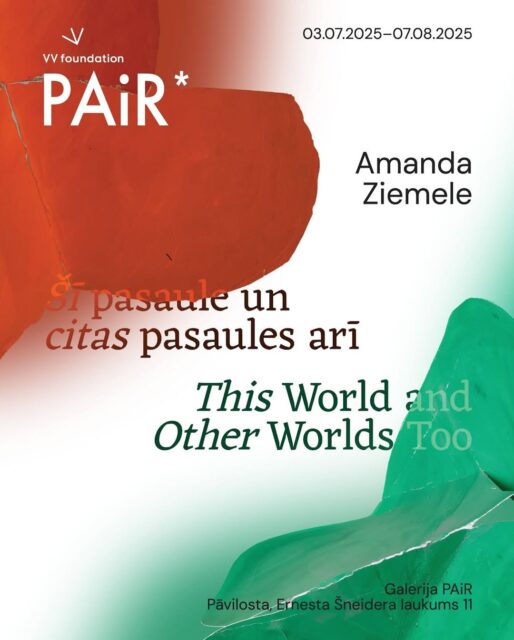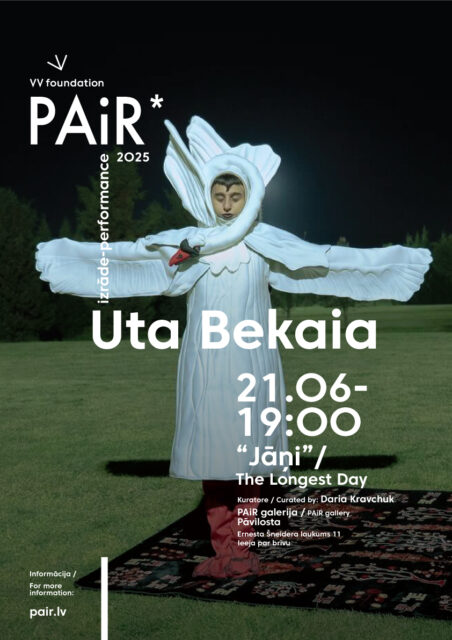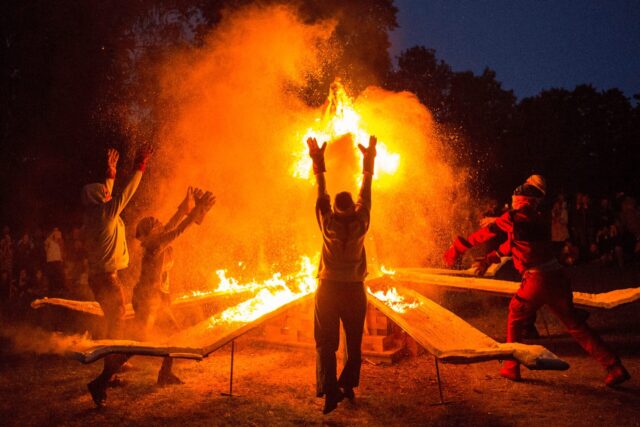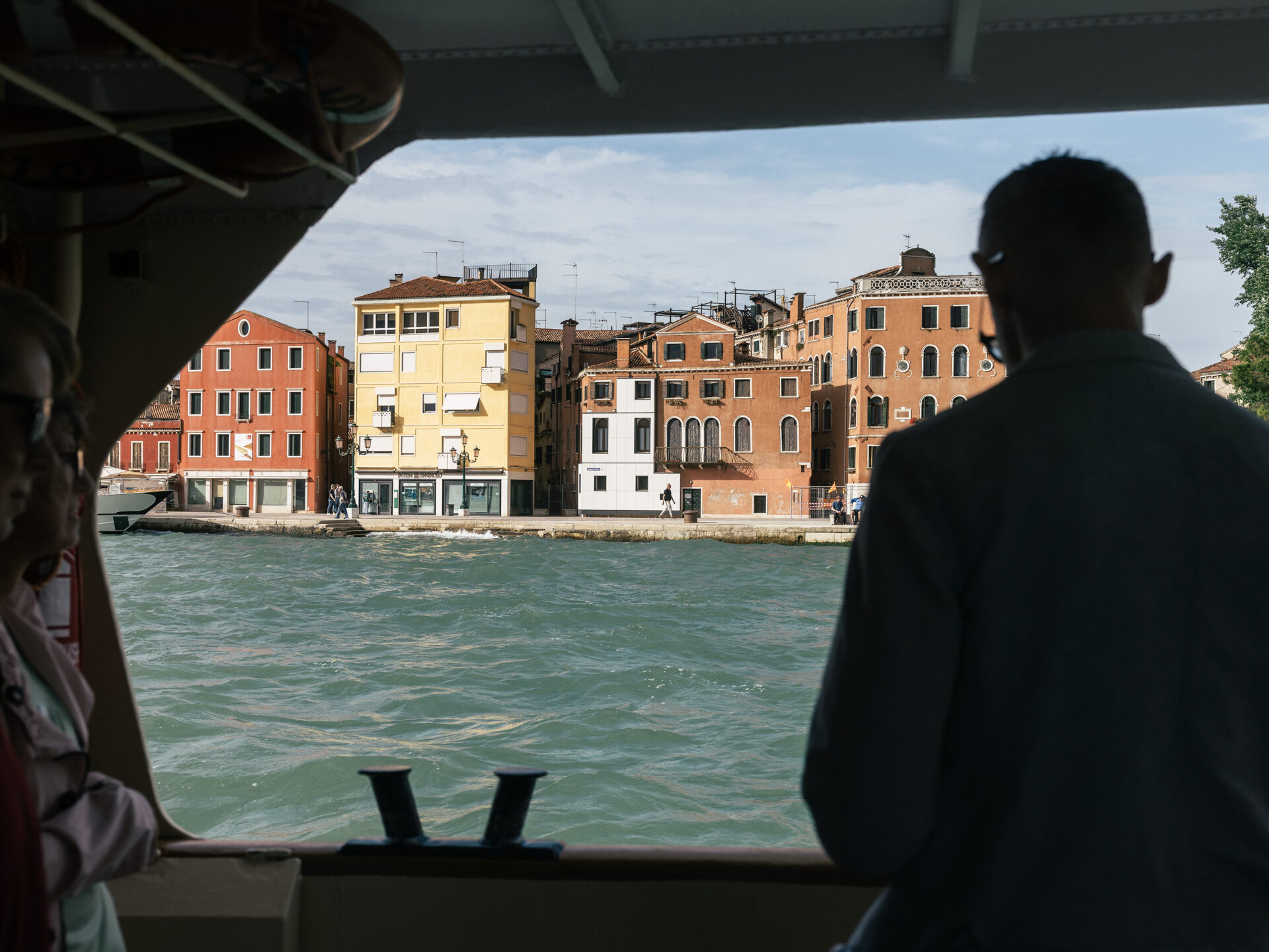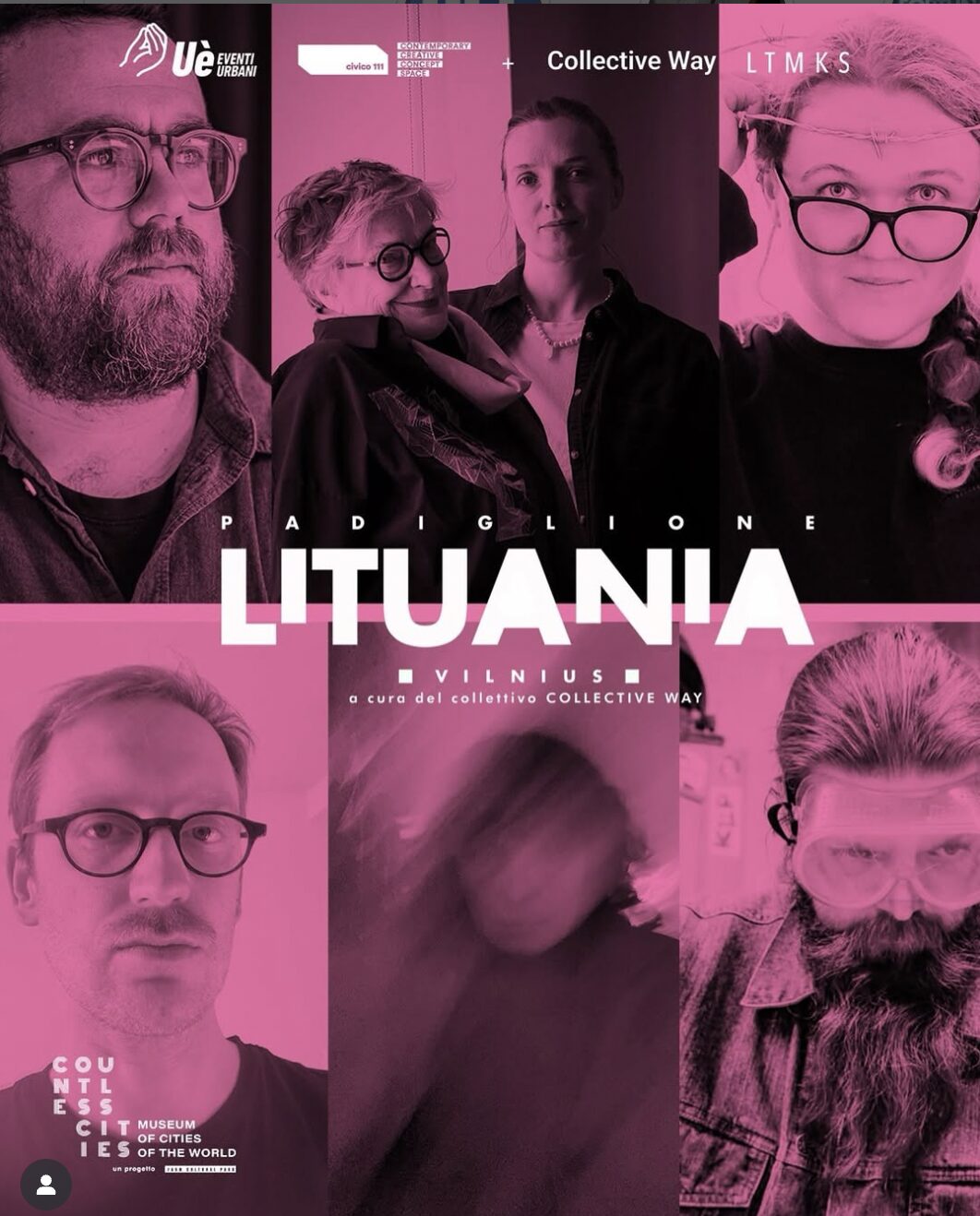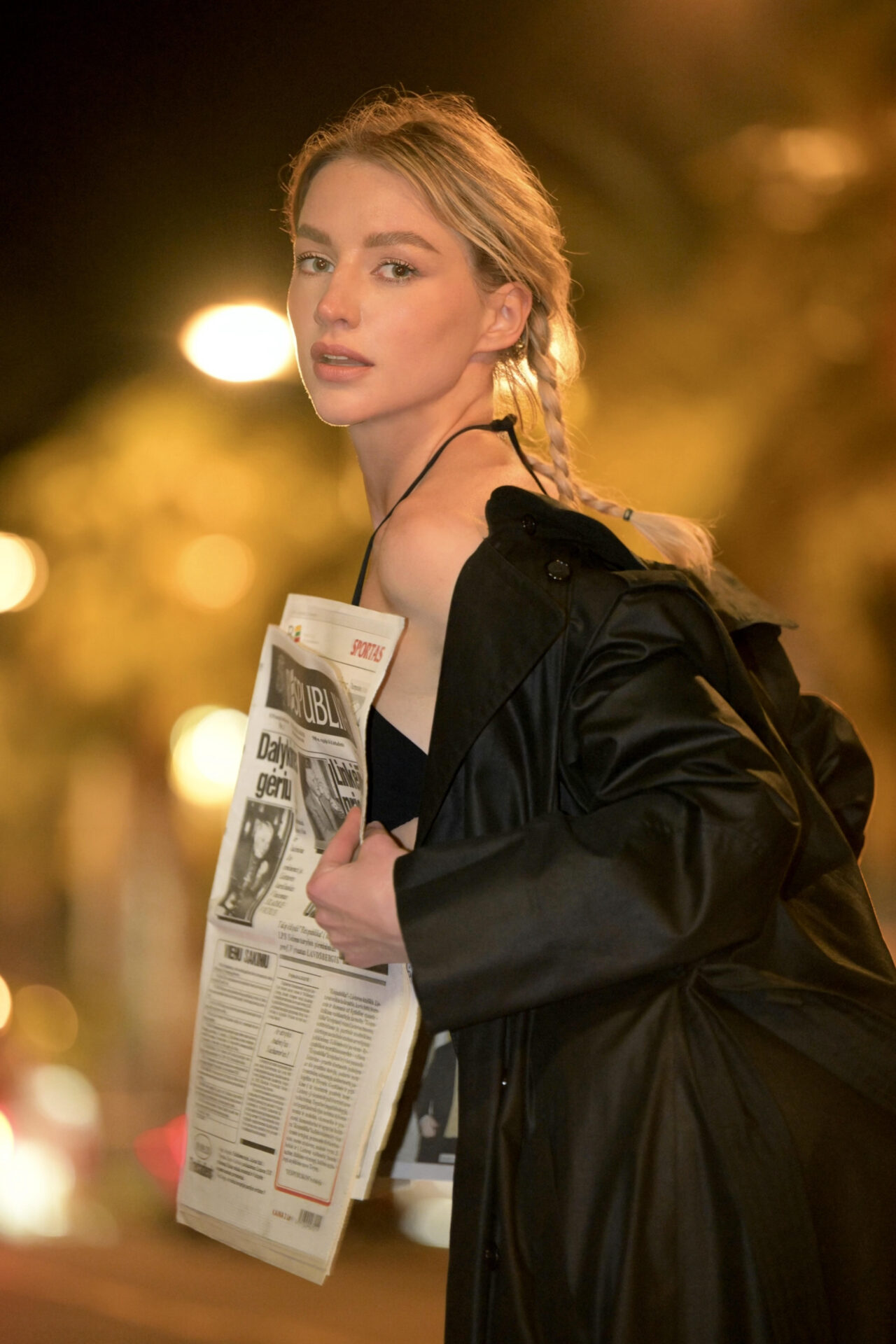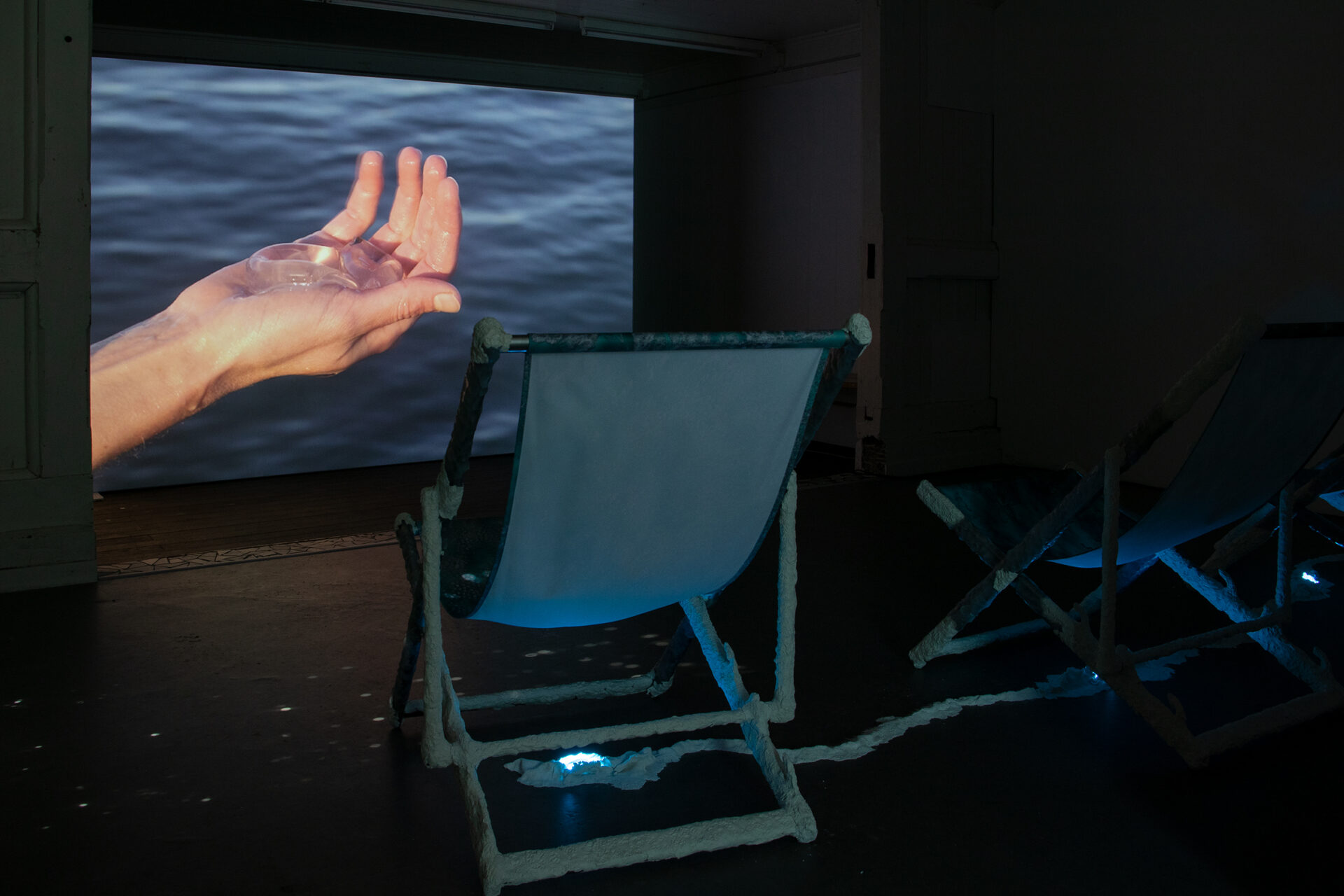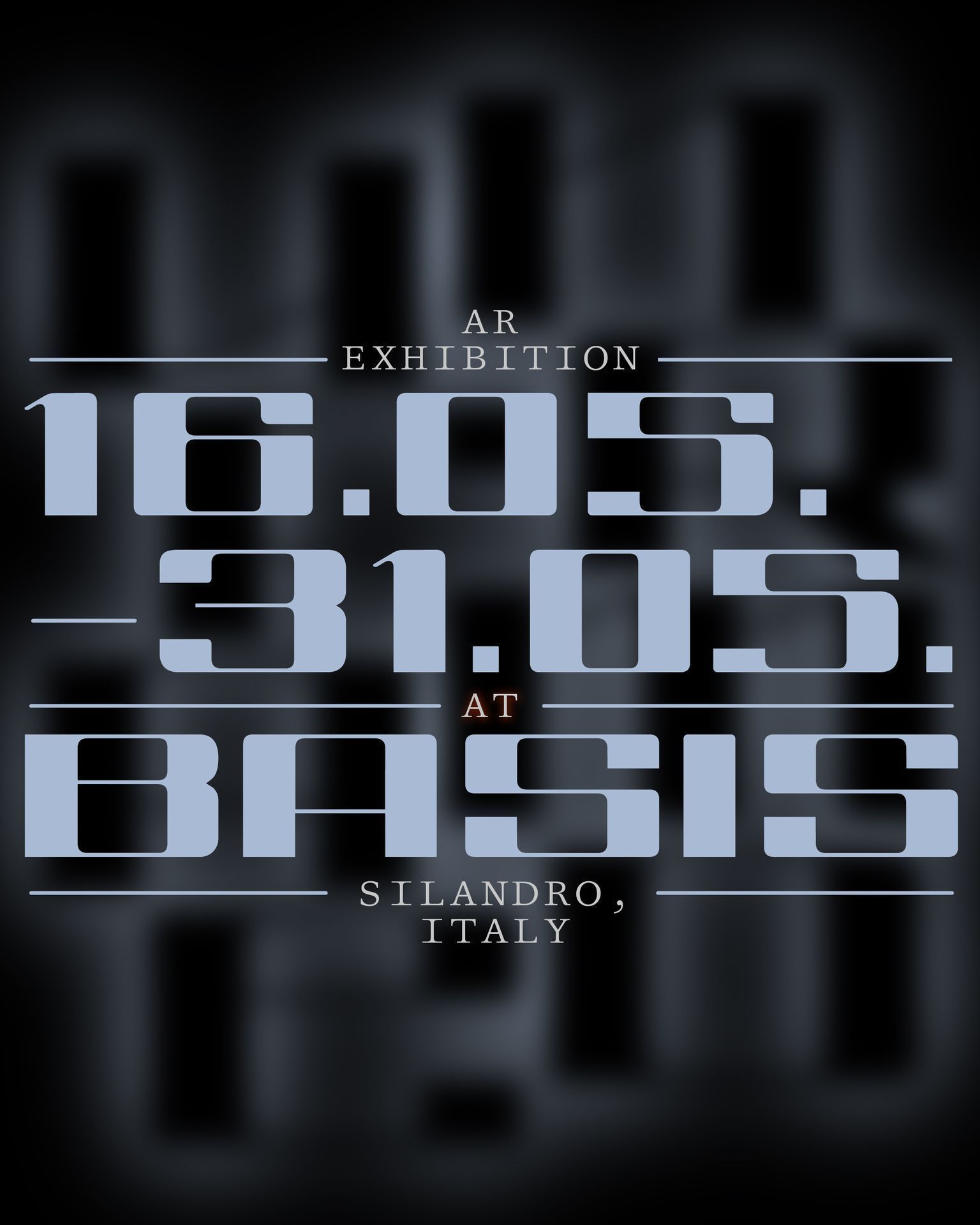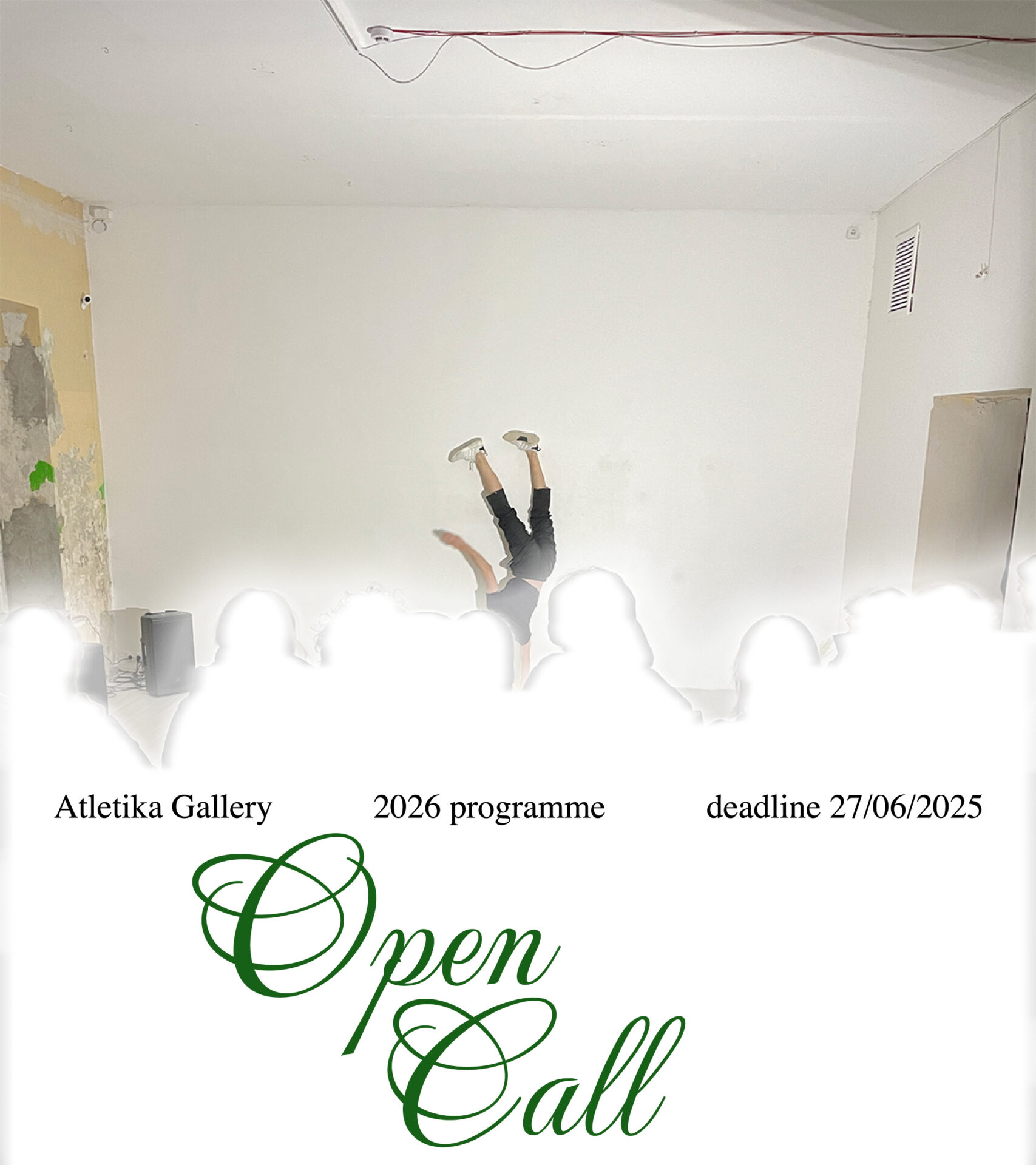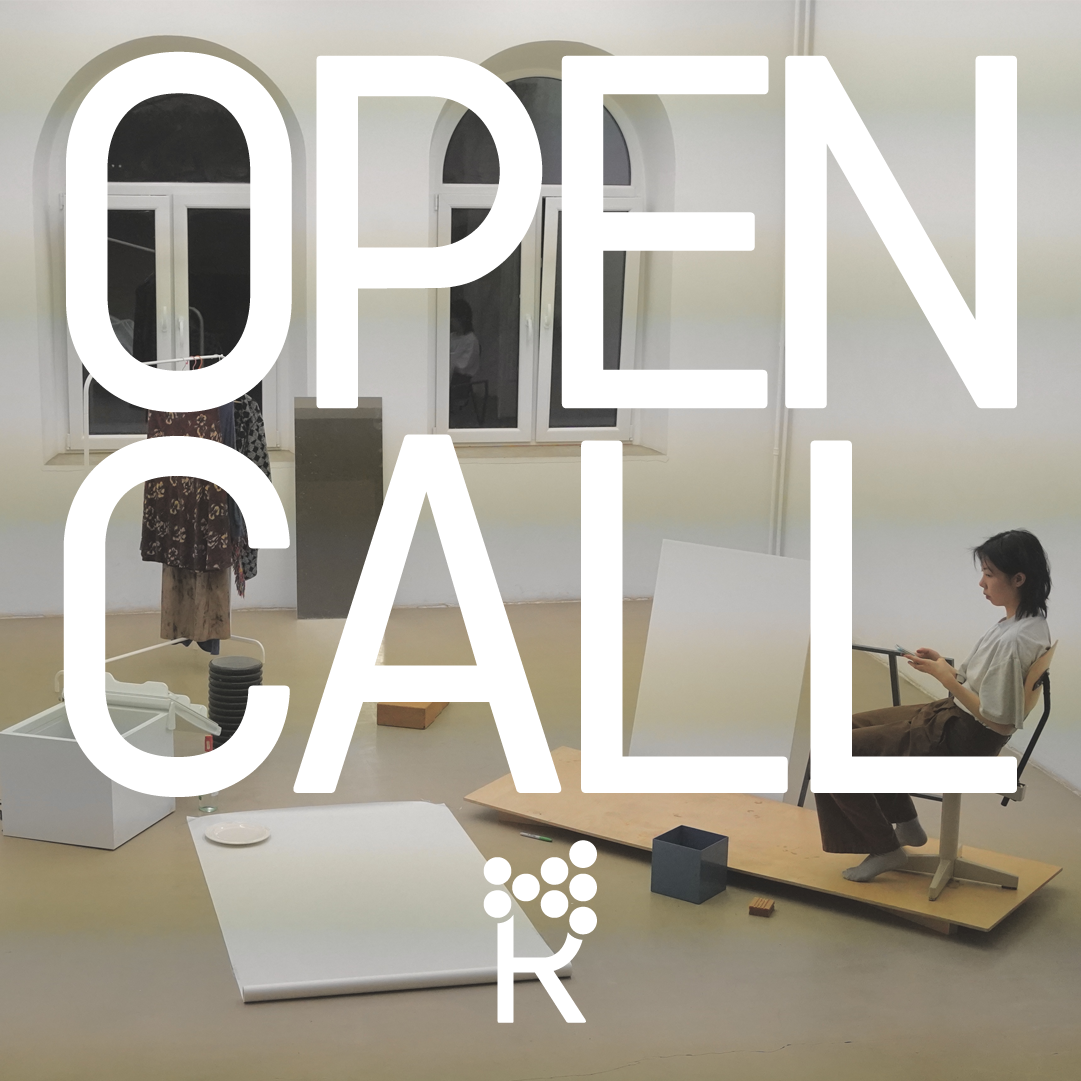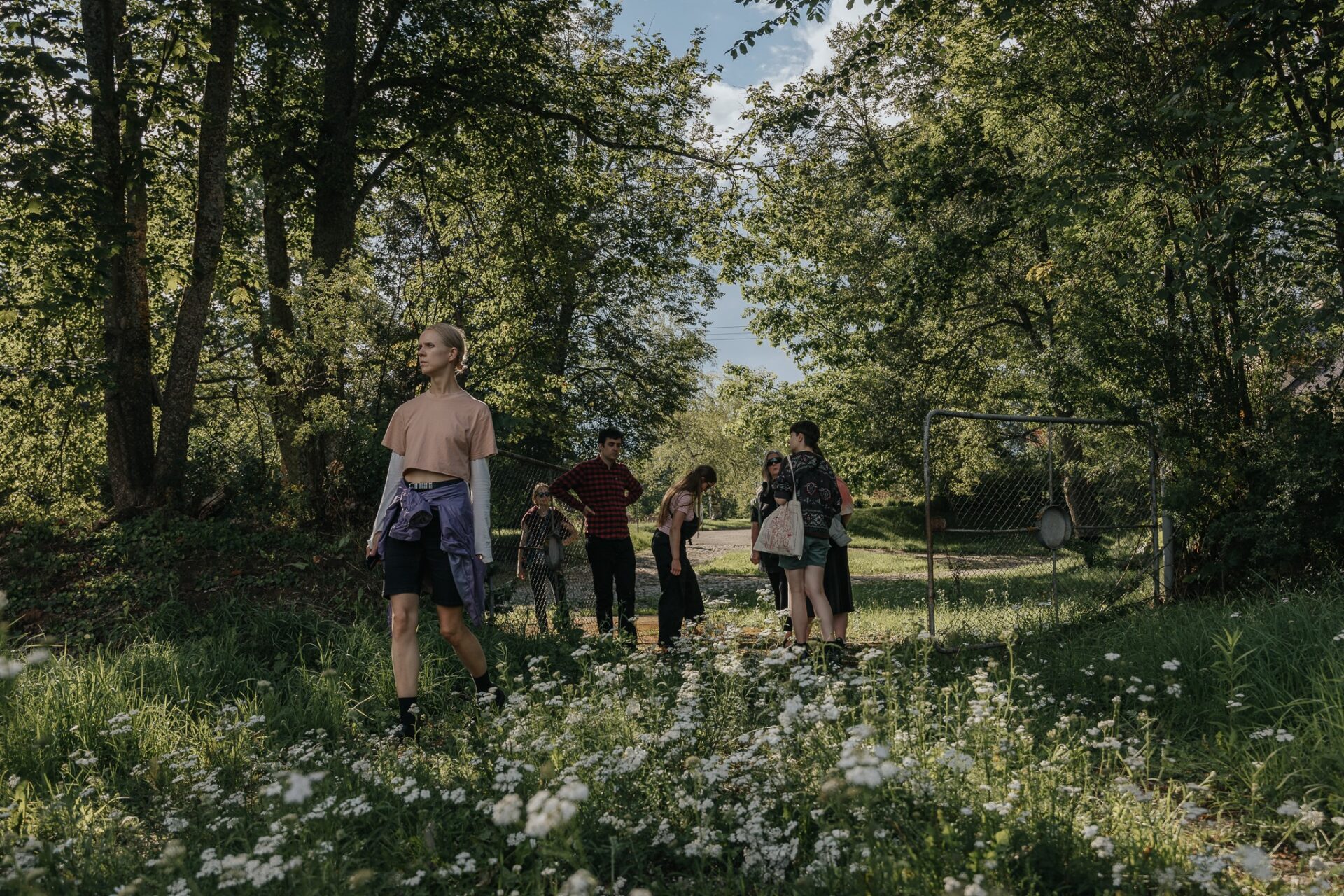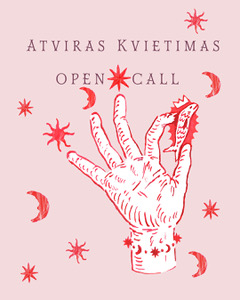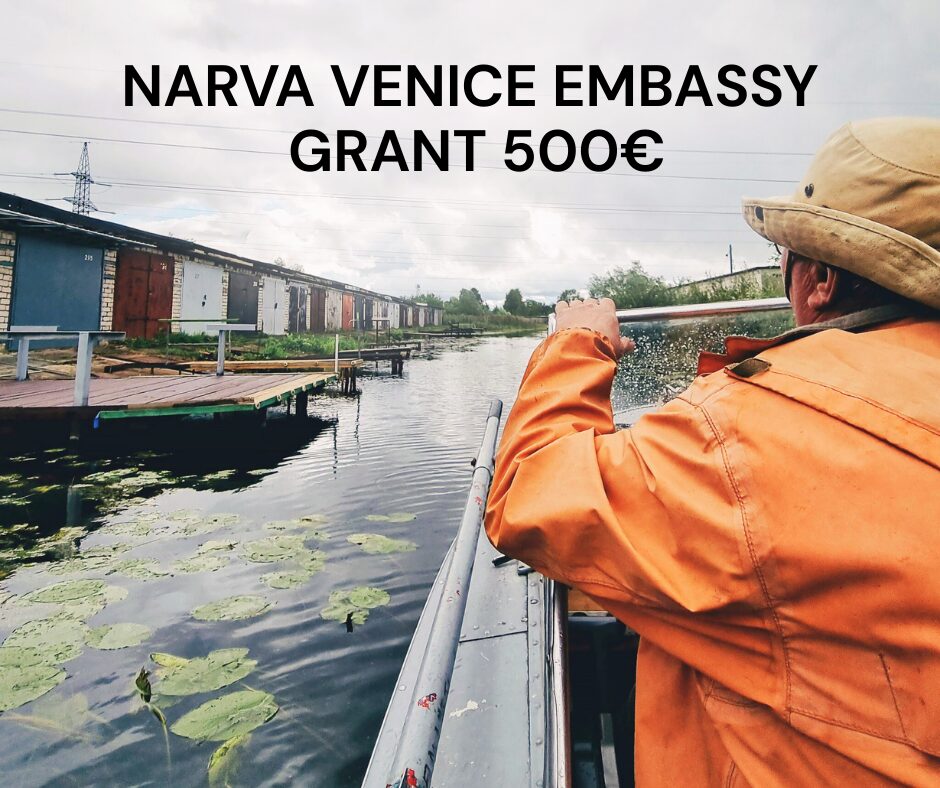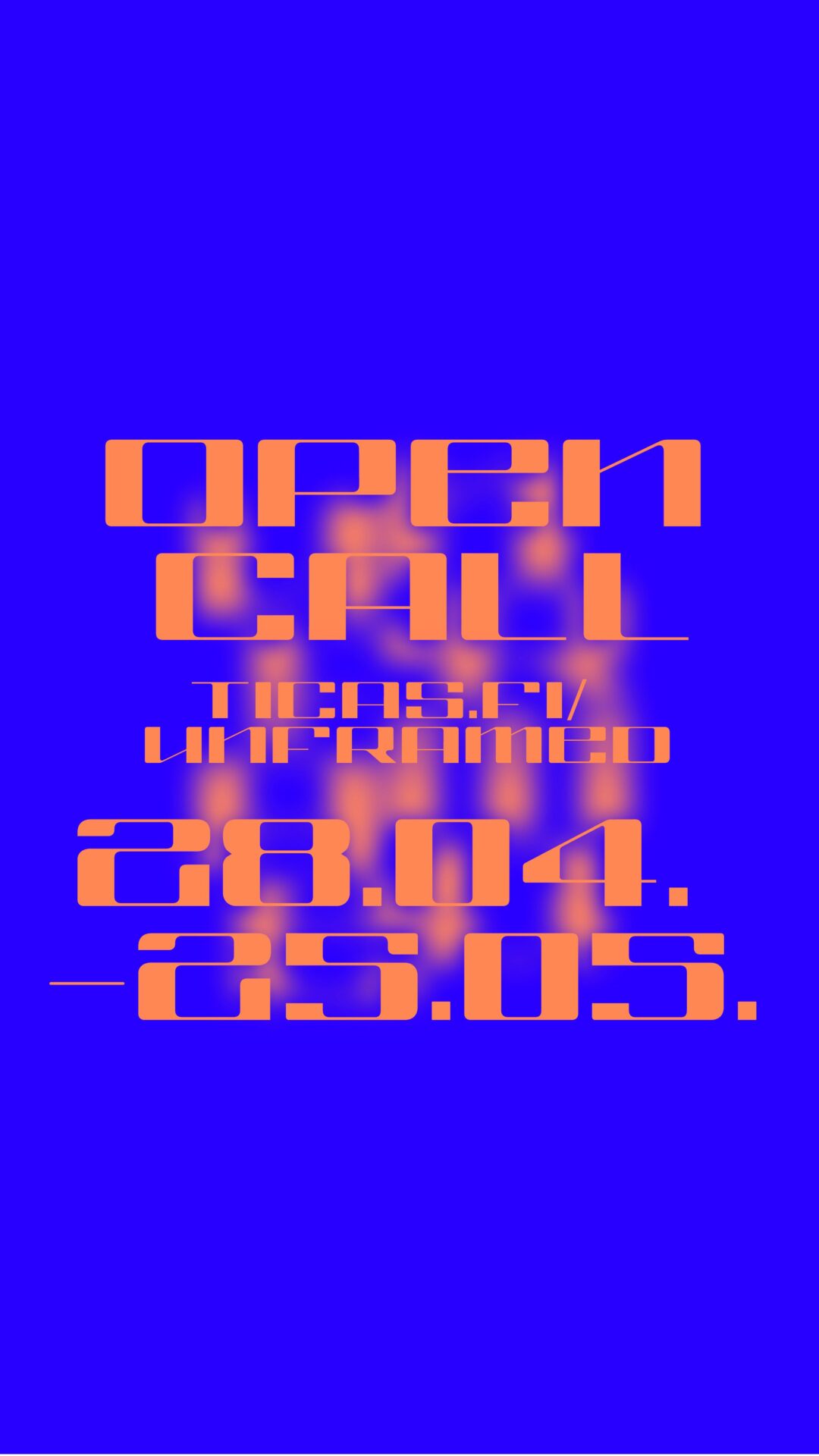(The biannual gathering of psychic workers and data miners and those alike)
REVOLUTIONARY ANIMISM & FURTHER RE-PROLETARIANIZATION OF THE PSYCHIC WORK
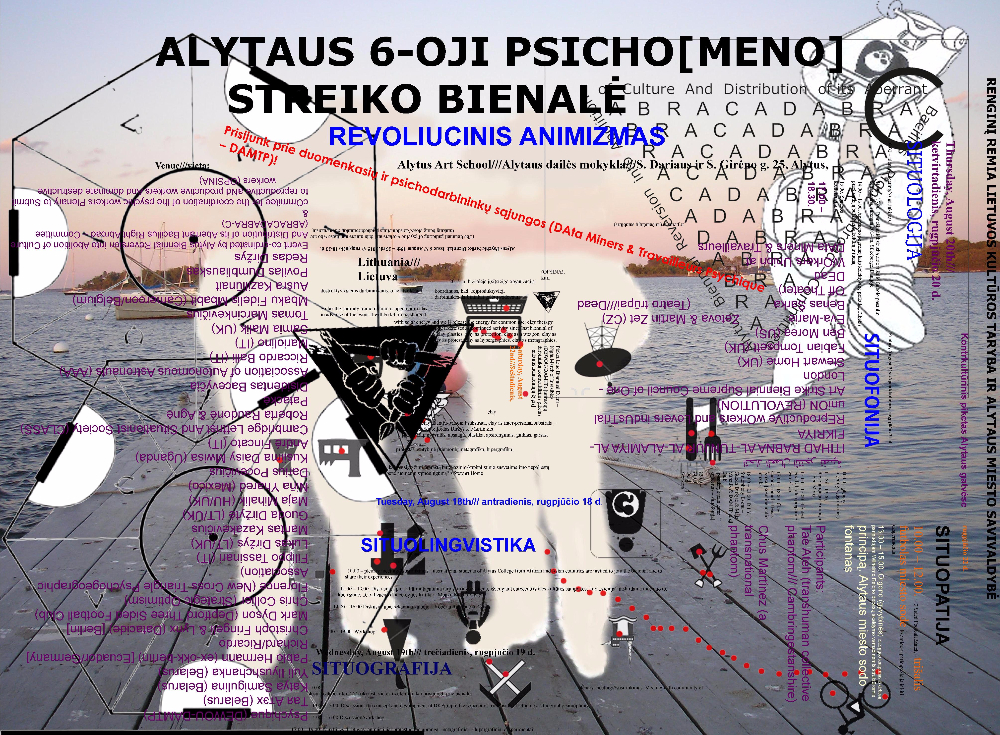
Since 1993 Alytus has been traditionally hosting the whole variety of experimental art events that had become an integral part of Lithuanian (non)official and off-center art environment. The latter is usually seen as a controversy in the representative centers of high-culture. The events of the last decade featured some new countercultural features. In 2007 a total critique of cultural centralization that began in 2005 shaped an Art strike campaign against art capitalization through bureaucratic organization of Vilnius – European Capital of Culture. Later on Alytus Biennial obtained a very clear position on a further reproletarianization of the art sphere, revealing and therefore criticizing the global racist, colonial and supremacist features of the art world, challenging the capitalist specializations & alienation and so gradually changing the scope geographically from the Northern-Atlantic [Eurocentrist] culture towards the pre-cultural practices of the so-called “Third World”.
Alytus Biennial had become a venue for the meeting of data miners and psychic workers who founded their own Union after the first Alytus Art Strike Biennial in 2009. This is a union or wahdat (one of the first attempts to go beyond the Eurocentric terminology) of the producers of the meaning within the dimensions of space, time and class. Traditionally it is popular among the artists who become disappointed with the domination of the Eurocentrist culture and those who are looking for the alternatives. Also it attracts socialists, anarchists, leftists—mostly those from the academic world, including students. The format of the event combines the features of theoretical conference with practical workshops and open collective performances-manifestations in public spaces.
Alytus Biennial 2015 will deal with the issues of animism but not in the sense prescribed by the European culture which considers animism as a “religion” or “faith in spirits”, but rather as a unifying element of the human, non-human, more-then-human, “living,” and the “non-living” matter—i.e., theone (wahdat). One of the issues is that clay as a living substance connects the element of the world much more then humans do—the discursive qualities of the latter contribute more to destruction and division more, rather then to connection. And there is no mysticism at all here.
Alytus Biennial invites us to detach from the Cartesian dictum “I think therefore I am” and replace it with the animistic “I relate therefore I am.”
Alytus Biennial also invites us to detach from the bourgeois-racist notion of “we are all the same [humans]” and replace it with the animistic “we are all different but we think/sense one.”
Alytus Biennial already traditionally tries to eliminate the distance between an artist and the audience to an extent that there are no spectators, only participants. There are no pre-plannedindividualist show-ups, and audience is not seduced with them either. We also encourage the participants not to represent the event and abstain from making photos and filming (i.e. from “2-dimensionalizing”) asthis is how we are trying to refuse the future masons the power to turn our event into a spectacle and history.
Venue: Alytus Art School, S. Dariaus ir S. Girėno g. 25, Alytus, Lithuania
The program of the event is in the process of a continuous self-shaping—please visit www.alytusbiennial.com for updates

